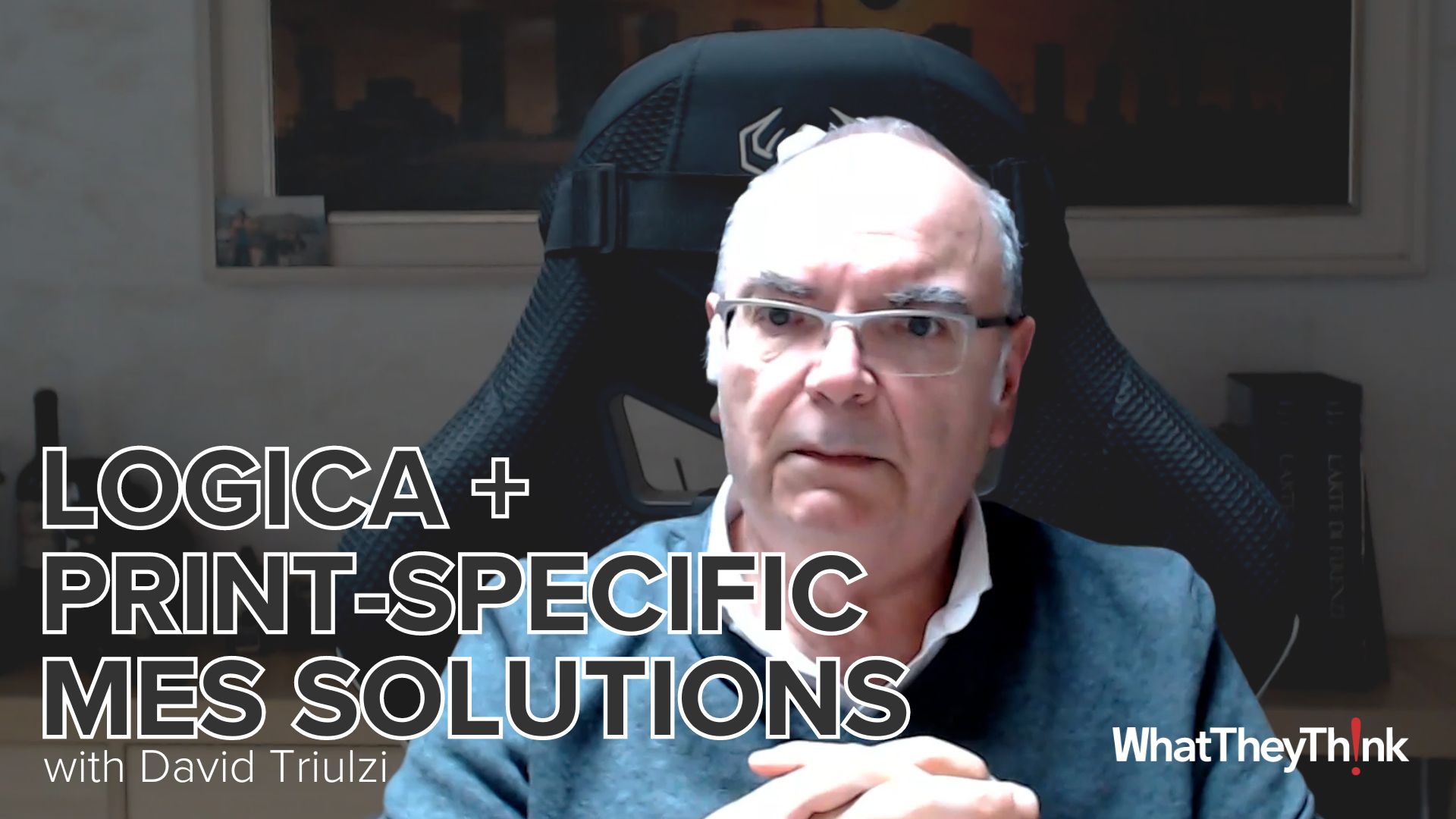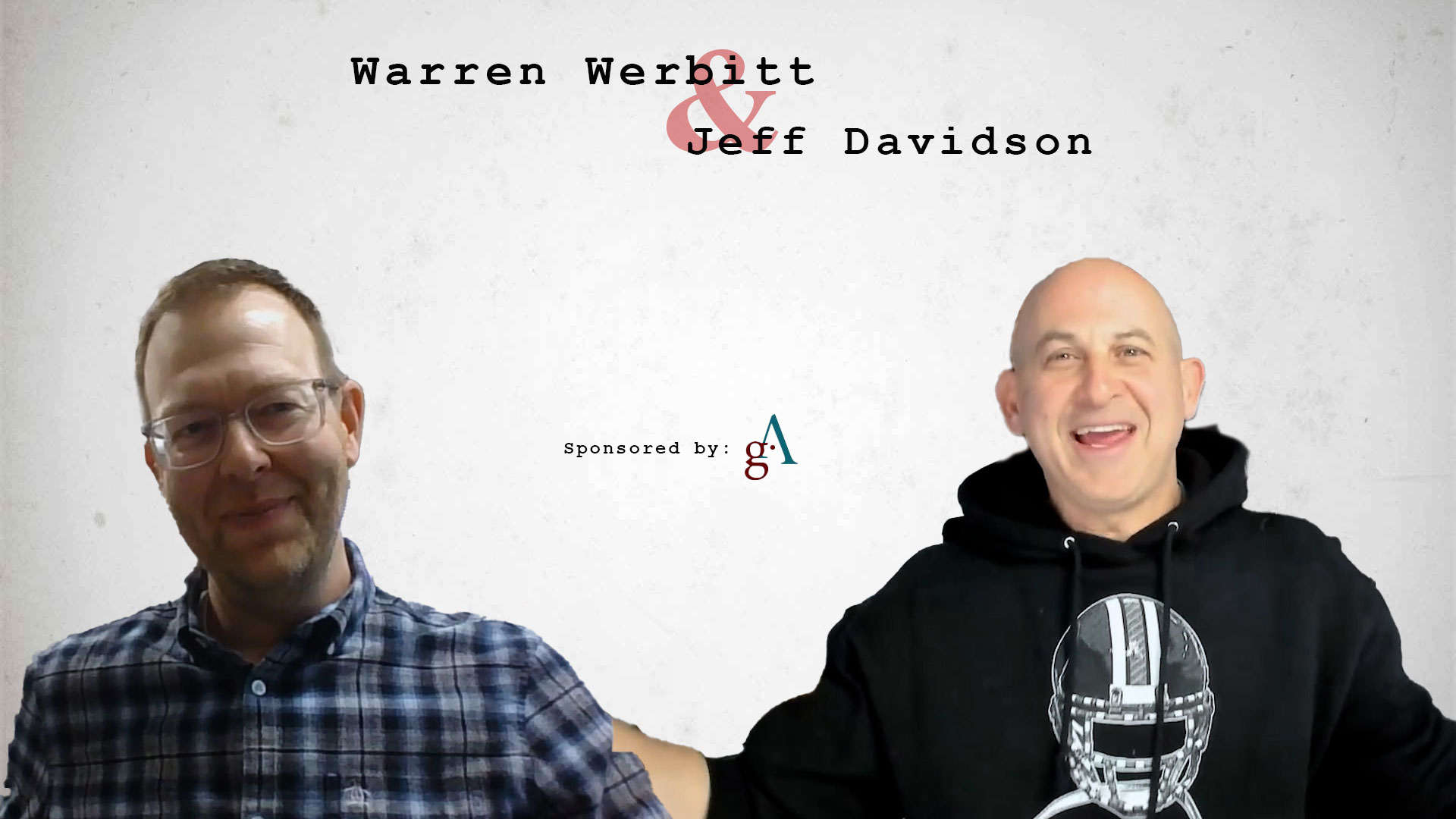I have been writing and forecasting the future of the publishing industry since the latter part of the 20th century. One of my techniques for understanding and staying ahead is to attend as many lectures, seminars, trade shows, and networking events as is reasonable and possible. My goal in this process is to grapple with the global picture of our industry rather than maintain a smaller, siloed perspective. Seeing how the working parts interconnect is an invaluable exercise to any business or forecaster.
In March I attended South By Southwest (SXSW) in Austin, TX to see if I could find connections between emerging digital technology and the ever-changing world of magazine media consumption. During five full days at the technology, music, and film conference/festival, I attended a wide array of events, saw dozens of insightful speakers from all walks of modern and ultra-modern business life, and witnessed sessions on topics ranging from the promise of wearable biometric devices to "Computation and Its Impact on the Future." Throughout, I kept my eye focused on the implications for the magazine media industry. Let me try to explain what I learned.
Based on my time at SXSW, I think the future of magazine media boils down to a few fundamental concepts. One of the simplest was demonstrated everywhere in Austin: The public's habits are still in total and unpredictable flux. As the former ingrained rituals and time management skills of the public change, so too does its reading habits. As technology continues to explode with ever more multiple reading platforms, this also changes the consumer's habits. The only path for magazine media businesses is to continue to shift with the reading public and to try to meet the challenge of maintaining reading attention. It is vital for magazine media companies big and small to continually question and re-evaluate their strategies for keeping their readership.
Capturing the public's sustained attention is hard, and it's only going to become more difficult as the available reading platforms continue to grow, morph, and evolve. Relative newcomers like Buzzfeed and Gawker and many others have done something that traditional companies find extremely difficult. They are adjusting their business plans and offerings on the fly and successfully. They are changing their strategies and moving along with the changing habits of the public.
The problem for publishers is that digital disruption is still disrupting. This disruption isn't shackled just to the technological advances happening at an unprecedented rate, nor is it solely about the adaptive skill sets needed in a fluid business climate. It's about the confusing effects on our businesses when the general public continues to follow ever-newer reading platforms. The new apps, startups, and discussions at SXSW all show that our readers will have ever increasing and truly innovative paths to reading and information.
If there was one over-riding observation from SXSW it would be that the world is clearly moving at an accelerated pace towards global, ubiquitous connectivity. These capabilities will continue to expand our abilities to connect, collaborate, create, and consume media on an unprecedented scale. The media transformation we've experienced to date is just the harbinger of even more communications possibilities and opportunities. There is plenty of room for failure, but there is also room for enormous revenue possibilities. Though there are billions of readers online today, there are billions more who will be coming online during the next decade. I believe this can radically change the dynamics of the revenue pool in which magazine media swims and makes its living.
The lesson for the magazine media business I took from the show is to disrupt or be disrupted. Those are the only two options.
The one thing technology can't improve upon, at least not yet, is the allotment of time we have to apply to reading. All the new technologies and startups are seeking one constant in our lives, and that is the time to actually sit down and read. PE
Nota bene: Among all the technology sessions, lectures, and business talks at SXSW there was another constant theme -- an almost pleading that we need to use our combined skills, talents, technologies and profits and apply them to the needy of the world. I agree with this sentiment. There is much we can do. I hope we find the wisdom and the will to do so.










Discussion
By Patrick Henry on Apr 18, 2014
These are provocative comments on the future of magazine publishing from BoSacks, who keeps closer tabs on that segment of the publishing industry than anyone else (with the sole exception of his perennial debating partner, Samir "Mr. Magazine" Husni).
But, I wonder how much those who flock to events like SXSW understand about the hard business realities of magazine publishing—the inherent downsides that today’s magazine publishers seem to have run out of options for dealing with. These include declining advertising page counts; circulation shrinkage; rising postal costs and stricter postal regulations; a broken and apparently unfixable single-copy distribution system; and the endless economic burden—it has to be said—of continuing to produce magazines in hard-copy form. BoSacks’s account gives the impression that SXSWers don’t concern themselves with such mundane matters in their content-centric pursuits of creative disruption.
Maybe they’re right. As BoSacks says, “The only path for magazine media businesses is to continue to shift with the reading public and to try to meet the challenge of maintaining reading attention.” The conventional magazine publishing model, obsessed as it is with numbers and data that have nothing to do with the end-users of the product, isn’t giving us enough of that insight. We need to look elsewhere, and SXSW may be as good a place as any to begin.
Discussion
Join the discussion Sign In or Become a Member, doing so is simple and free